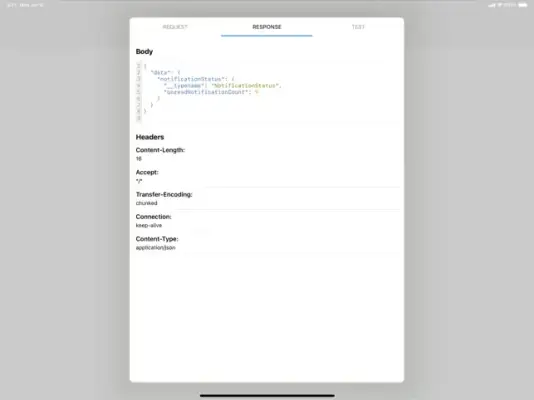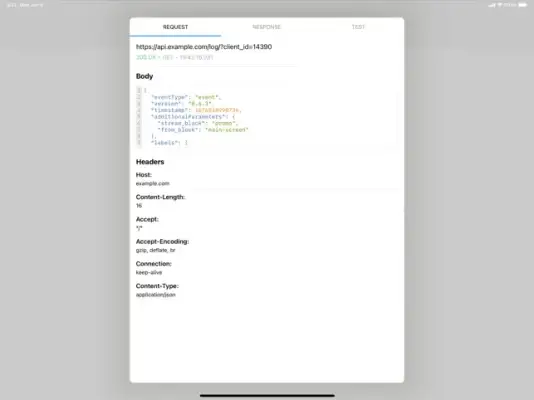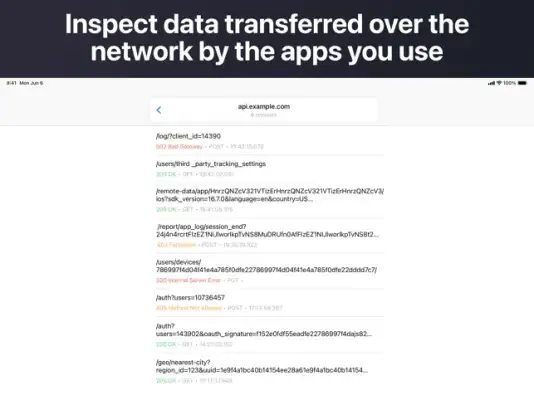Latest Version
3.7.5
June 09, 2025
FJEDI
Developer Tools
iOS
51 MB
3
Free
Report a Problem
More About WebProxyTool - Inspect Network
The application works by setting up a local server directly on your device, which intercepts all outgoing HTTPS traffic. To achieve this, it generates a trust certificate that needs to be installed and trusted on your device. Once this setup is complete, the app acts as a man-in-the-middle proxy, capturing HTTPS requests and creating temporary certificates for each domain requested. This allows the app to decrypt and analyze secure network data locally on your device. Importantly, all these operations occur without the involvement of any remote servers, ensuring that your internet traffic remains confined to your device.
When the app intercepts HTTPS traffic, it creates dummy leaf certificates for the requested domains to impersonate them in a secure manner. These certificates enable the app to decrypt the encrypted data transmitted over HTTPS, providing insight into network activity for review or debugging purposes. The captured data is stored solely within a local database on your device. This local storage feature ensures that your browsing data remains private and inaccessible to third parties, including the developers of the app. The app’s design emphasizes local processing, further safeguarding your information from external access.
The privacy policy of the app emphasizes that all critical components, such as the trust certificate, are generated and utilized exclusively on your device. The developers explicitly state that they do not collect any user data or track your activity while using the app. There is no sale, sharing, or disclosure of any gathered information to third parties. Additionally, any network traffic intercepted by the app remains on your device and does not leave your local environment, providing an extra layer of security and privacy for the user.
For more details or legal information, you can review the terms of service and privacy policy available on the app’s website. The terms of service are accessible at https://webproxytool.com/terms-of-service, and the privacy policy can be found at https://webproxytool.com/privacy-policy. These documents outline the user rights, privacy practices, and the scope of the app’s functionality, ensuring transparency and trust for users concerned about data security and privacy.
Rate the App
User Reviews
Popular Apps





























